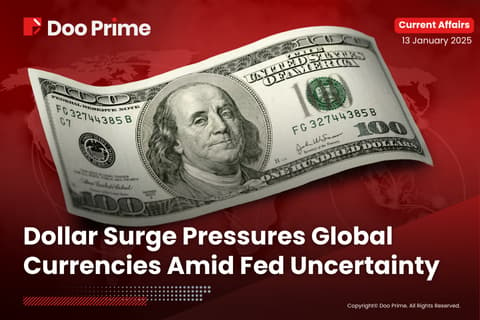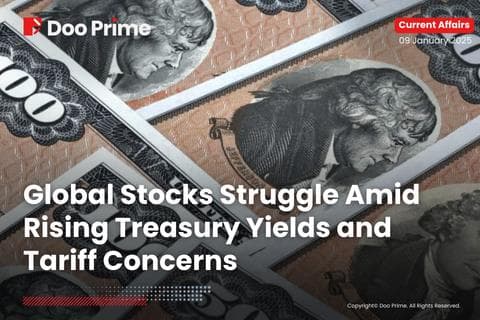Today’s News
A new World Bank report has revealed that the 26 poorest countries are experiencing their worst financial conditions since 2006, with rising debt levels and increasing vulnerability to natural disasters and other economic shocks.
These countries, home to 40% of the world’s poorest people, have seen their economies become even weaker than before the COVID-19 pandemic, while much of the world has recovered and returned to growth.
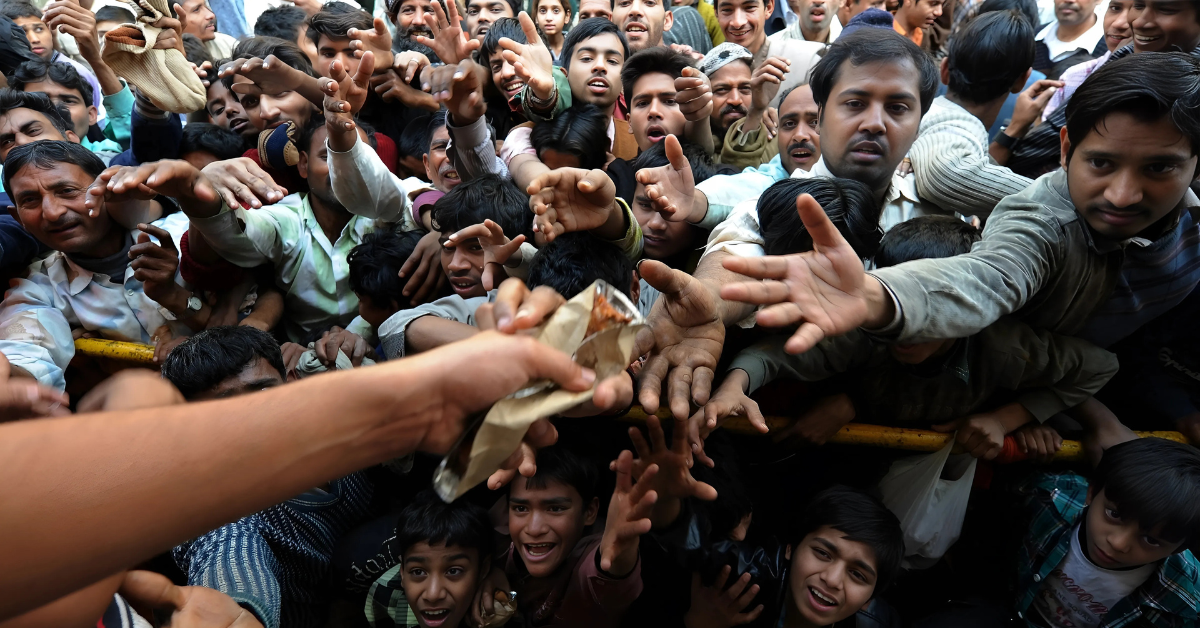
Image Source: Foreign Policy
The report, released just ahead of the World Bank and International Monetary Fund’s annual meetings, highlights a significant setback in efforts to eliminate extreme poverty. The World Bank is working to raise USD 100 billion for the International Development Association (IDA), its financing arm for the poorest nations, to help mitigate the crisis.
The 26 countries studied have annual per-capita incomes below USD 1,145, with an average debt-to-GDP ratio of 72%, marking an 18-year high. Half of these nations are either in or at risk of debt distress. Many rely heavily on IDA grants and low-interest loans as access to market financing has diminished.
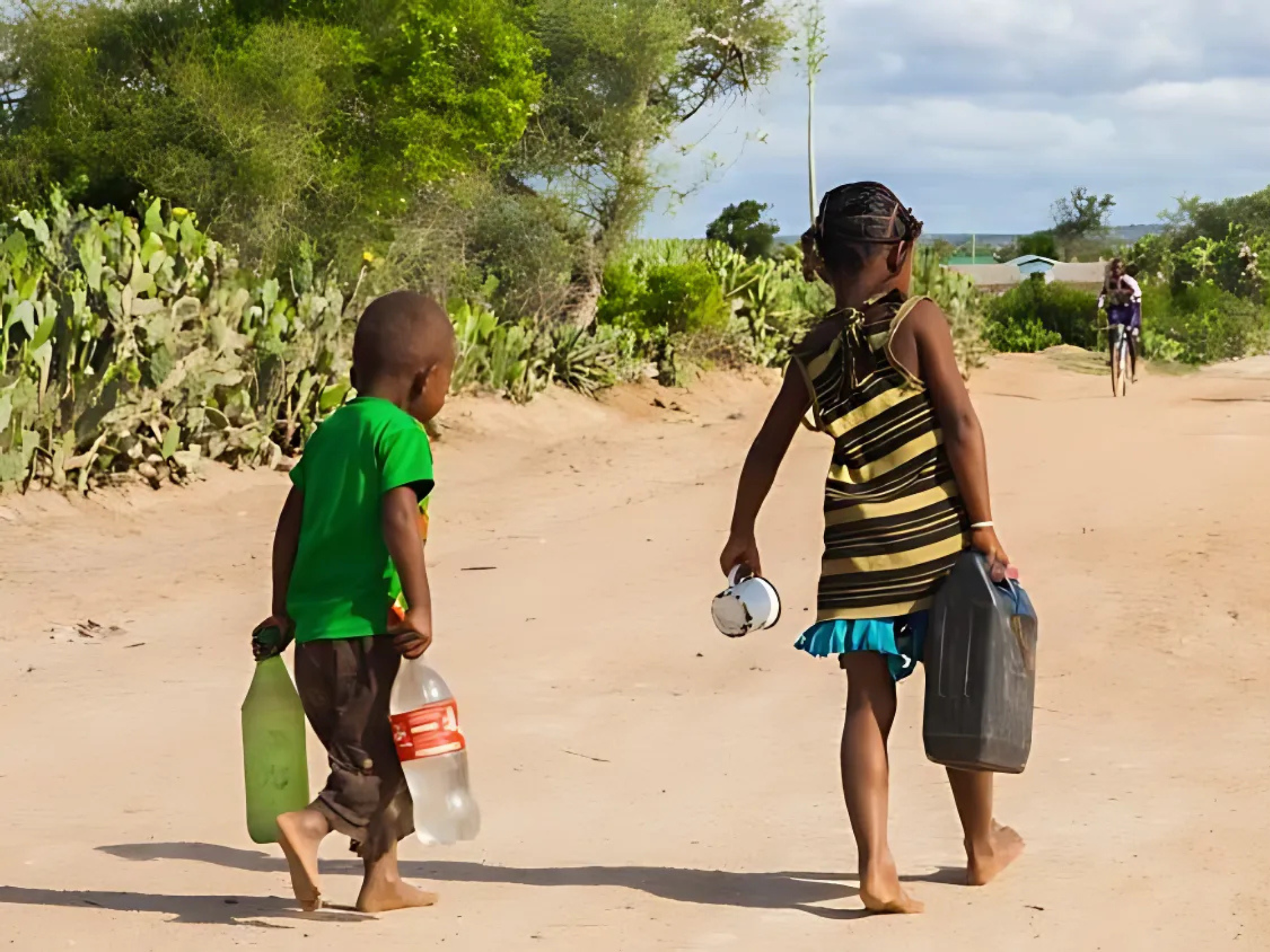
Image Source: Vatican News
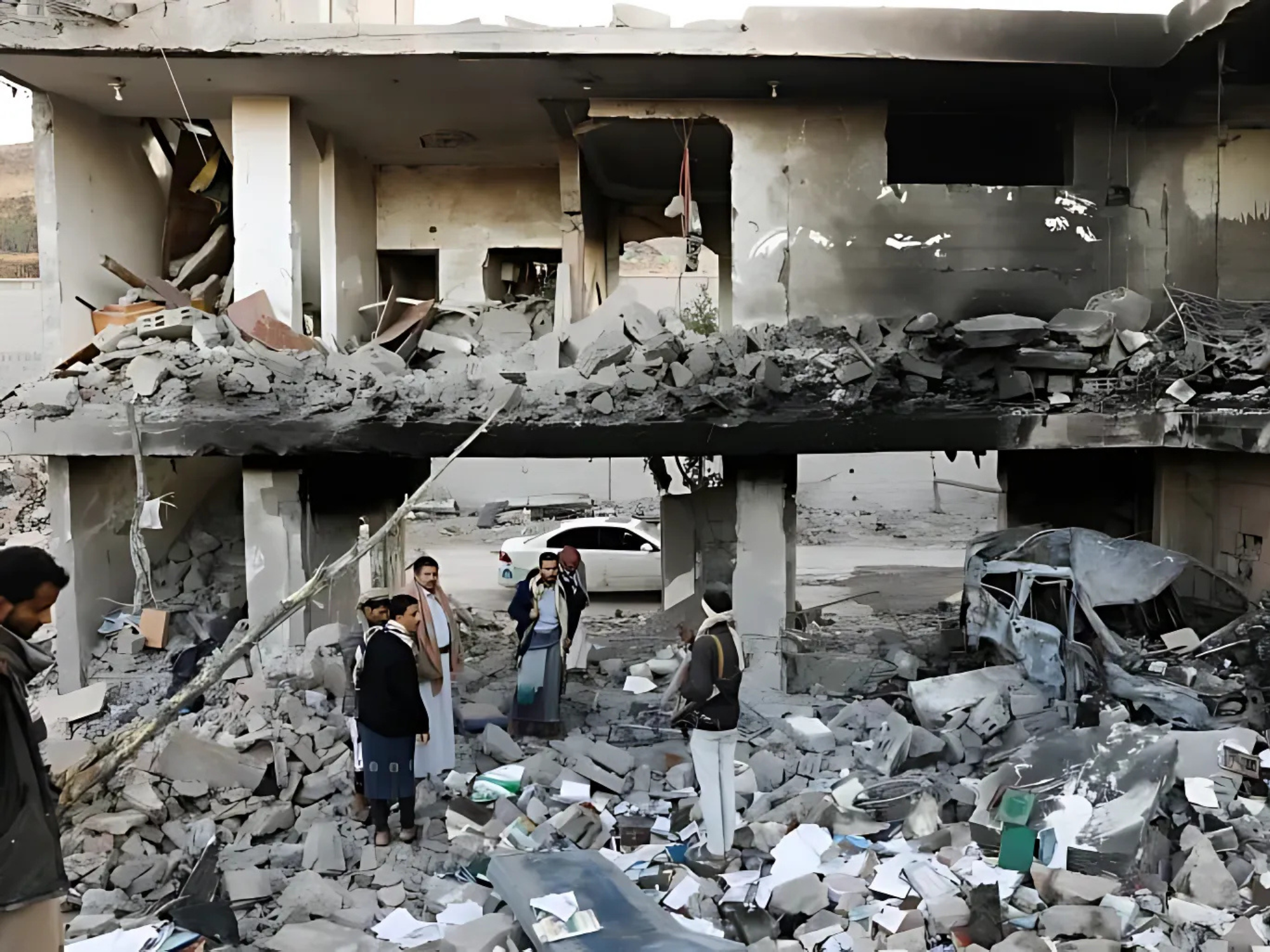
Image Source: Al Jazeera
Most of the affected countries are in sub-Saharan Africa, including Ethiopia, Chad, and Congo, along with Afghanistan and Yemen. Two-thirds of these nations are facing armed conflicts or institutional instability, deterring foreign investment. Additionally, nearly all of these economies depend on commodity exports, making them susceptible to boom-and-bust cycles.
“At a time when much of the world simply backed away from the poorest countries, IDA has been their lifeline,” said World Bank Chief Economist Indermit Gill. He noted that over the past five years, IDA has funneled most of its resources into these low-income economies to keep them afloat through major challenges.
IDA, typically replenished every three years through contributions from World Bank member nations, raised a record USD 93 billion in 2021. World Bank President Ajay Banga aims to surpass that figure with pledges exceeding USD 100 billion by December 6.
Natural disasters have also hit these nations hard, with annual GDP losses averaging 2% between 2011 and 2023—five times the average losses among lower-middle-income countries. The report emphasizes the need for higher investment to strengthen resilience.
The report also encourages these countries to help themselves by improving tax collection, simplifying taxpayer registration, and increasing the efficiency of public spending to better address their financial challenges.
Other News
Verdi Union Opposes Commerzbank Merger
Germany’s Verdi trade union opposes a cross-border merger for Commerzbank, regardless of whether the bidder is Italian, French, or Spanish, due to concerns about job losses and operational focus.
Singapore Keeps Monetary Policy Steady
Singapore’s central bank kept policy unchanged as Q3 GDP growth rose to 4.1%, with analysts predicting easing in January amid external risks. Core inflation is projected to decline further by year-end.
Oil Prices Fall on China Deflation Concerns
Oil prices dropped over 1.5% due to weak Chinese inflation data and uncertainty about economic stimulus plans. Brent crude dropped to USD 77.78 per barrel, while U.S. WTI fell to USD 74.36.
Risk Disclosure:
Securities, Futures, CFDs and other financial products involve high risks due to the fluctuation in the value and prices of the underlying financial instruments. Due to the adverse and unpredictable market movements, large losses exceeding your initial investment could incur within a short period of time.
Please make sure you fully understand the risks of trading with the respective financial instrument before engaging in any transactions with us. You should seek independent professional advice if you do not understand the risks explained herein.
Disclaimer:
This information contained in this blog is for general reference only and is not intended as investment advice, a recommendation, an offer, or an invitation to buy or sell any financial instruments. It does not consider any specific recipient’s investment objectives or financial situation. Past performance references are not reliable indicators of future performance. Doo Prime and its affiliates make no representations or warranties about the accuracy or completeness of this information and accept no liability for any losses or damages resulting from its use or from any investments made based on it.
The above strategies reflect only the analysts’ opinions and are for reference only. They should not be used or considered as the basis for any trading decisions or as an invitation to engage in any transaction. Doo Prime does not guarantee the accuracy or completeness of this report and assumes no responsibility for any losses resulting from the use of this report. Do not rely on this report to replace your independent judgment. The market is risky, and investments should be made with caution.

